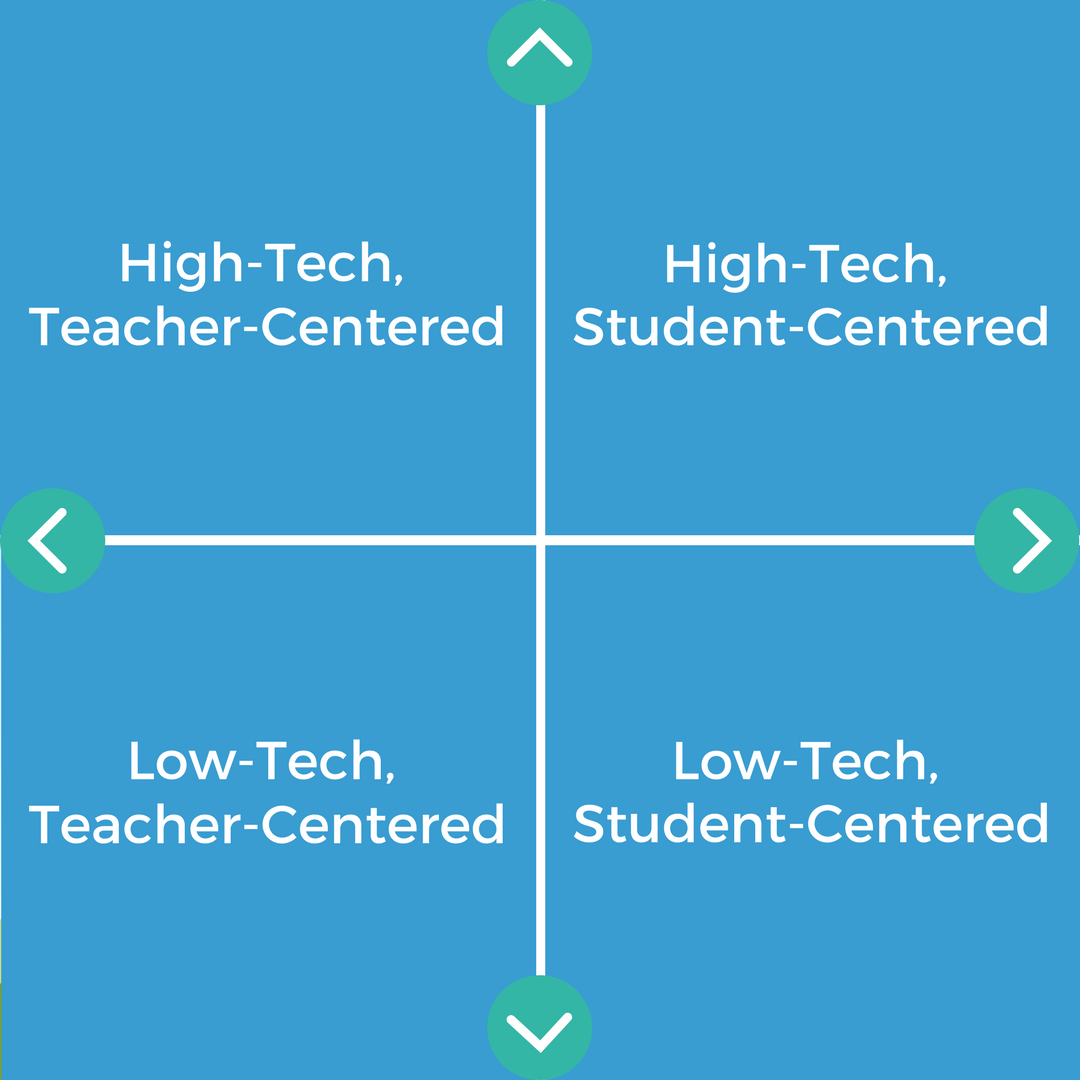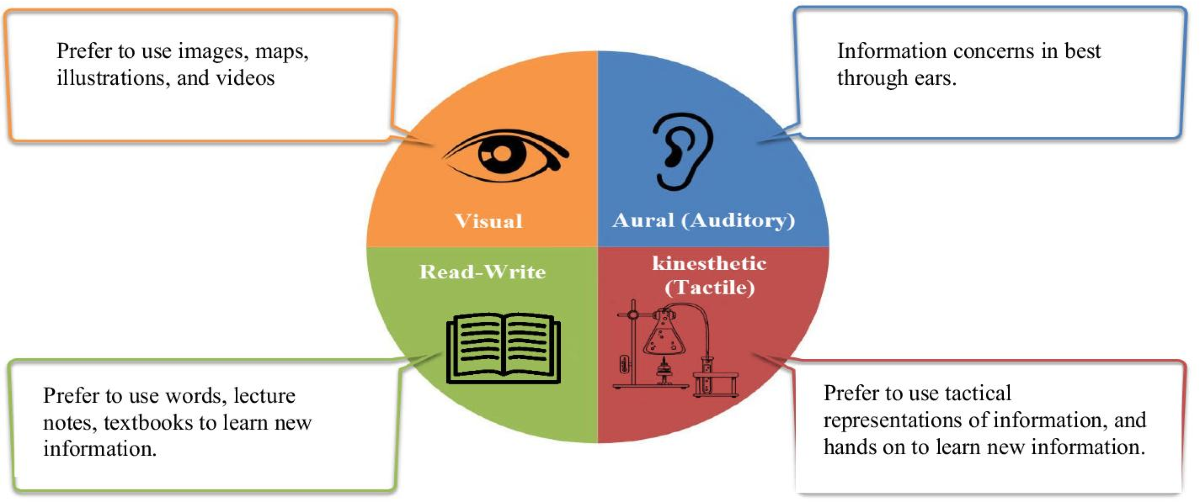Online education has become increasingly prevalent, the need for effective assessment strategies in virtual classrooms has never been more crucial. As educators navigate the complexities of online teaching, devising comprehensive assessment methods is paramount to ensure student learning outcomes are met. This article delves into the realm of online class assessment strategies, exploring various techniques, challenges, and best practices to enhance the assessment process in virtual learning environments.
Introduction to Online Class Assessment Strategies
Assessments play a fundamental role in evaluating students' understanding and progress in any educational setting. In the context of online classes, assessments serve as a means to gauge students' comprehension of course materials, provide feedback on their performance, and ultimately measure learning outcomes. However, assessing students in virtual classrooms presents unique challenges compared to traditional face-to-face instruction.

Navigating the complexities of nursing research paper assignments requires a unique blend of clinical expertise and writing proficiency. For students who may find themselves struggling to meet the demands of these assignments, accessing a specialized nursing research paper writing service can be immensely beneficial. These services offer expert guidance and support from professionals who understand the intricacies of nursing research and are skilled in crafting well-researched and meticulously written papers. Whether you need assistance with selecting a topic, conducting research, or structuring your paper, a nursing research paper writing service can provide the expertise you need to excel in your studies.
Types of Online Class Assessments
Online assessments can take various forms, each serving distinct purposes in the learning process. Formative assessments are designed to monitor students' understanding throughout the course, offering valuable insights into their progress and areas needing improvement. Summative assessments, on the other hand, evaluate students' overall mastery of course content at the end of a unit or semester. Authentic assessments aim to simulate real-world scenarios, allowing students to demonstrate practical application of knowledge and skills.
Creating Effective Assessments
The key to designing effective online assessments lies in alignment with course objectives and instructional materials. Educators should carefully craft assessments that accurately reflect the learning outcomes they aim to achieve. Additionally, providing clear instructions and grading criteria is essential to ensure students understand what is expected of them.
Utilizing Technology for Assessments
Advancements in educational technology have revolutionized the assessment process, offering a myriad of tools and platforms to facilitate online learning. From online quizzes and exams to interactive assignments and multimedia projects, technology provides educators with versatile options to assess students' knowledge and skills effectively.
Ensuring Academic Integrity
Maintaining academic integrity in online assessments is a pressing concern for educators. Implementing strategies such as proctoring tools, plagiarism detection software, and alternative assessment methods can help mitigate cheating and uphold the credibility of online evaluations.
Feedback and Grading
Timely and constructive feedback is crucial for student learning and improvement. Educators should strive to provide meaningful feedback that highlights students' strengths and areas for growth. Furthermore, adopting fair and consistent grading practices ensures equitable evaluation of students' performance.
Adapting Assessments to Different Learning Styles

Recognizing and accommodating diverse learning styles is essential when designing assessments for online classes. By offering a variety of assessment options, educators can cater to the individual needs and preferences of students, fostering a more inclusive learning environment.
Inclusive Assessment Practices
Inclusivity should be at the forefront of assessment design, with careful consideration given to students with diverse backgrounds, abilities, and learning needs. Avoiding bias in assessments and providing accommodations when necessary are integral aspects of inclusive assessment practices.
Continuous Improvement
Effective assessment is an ongoing process that requires regular evaluation and refinement. Soliciting feedback from students and colleagues, reflecting on assessment outcomes, and making adjustments as needed contribute to continuous improvement in online assessment practices.
Case Studies and Examples
Examining real-world examples of successful online assessment strategies can offer valuable insights for educators. By learning from others' experiences and best practices, educators can enhance their own approaches to online teaching and assessment.
Addressing Challenges and Pitfalls
While online assessments offer numerous benefits, they also present challenges that educators must navigate. Common pitfalls such as technical issues, cheating, and assessment bias require proactive measures to mitigate and overcome.
Legal and Ethical Considerations
Educators must adhere to legal and ethical standards when conducting online assessments. This includes ensuring compliance with privacy regulations, protecting students' data, and upholding academic integrity.
When coursework demands become overwhelming, it's essential to explore options for support that align with your needs and priorities. If you find yourself struggling to keep up with assignments or feeling stretched thin by other commitments, you might consider the option to pay someone to do my class. This service offers a practical solution for students who need extra assistance in managing their coursework effectively. By hiring someone to take your class, you can delegate some of the workload to experienced professionals proficient in the subject matter and adept at navigating course materials. This allows you to focus on other priorities while ensuring that your academic requirements are met effectively.
Future Trends in Online Assessment
As technology continues to evolve, so too will the landscape of online assessment. Emerging trends such as adaptive learning systems, artificial intelligence, and competency-based assessment hold promise for shaping the future of online education.
Conclusion
In conclusion, effective assessment strategies are essential for fostering meaningful learning experiences in online classes. By aligning assessments with learning objectives, leveraging technology, promoting academic integrity, and embracing inclusivity, educators can enhance the assessment process and ultimately support student success in the virtual classroom.
FAQs on Online Class Assessment Strategies
- How can I prevent cheating in online assessments?
Preventing cheating in online assessments requires implementing a combination of technological tools and academic integrity strategies. Utilizing online proctoring software, randomized question banks, and time limits can deter cheating behavior. Additionally, creating assessments that require critical thinking and application of knowledge, rather than simple recall, can make it more challenging for students to cheat.
- What are some alternative assessment methods for online classes?
There are several alternative assessment methods suitable for online classes, including:- Project-based assessments: Assigning projects that require research, analysis, and creative problem-solving.
- Discussion forums: Encouraging students to engage in online discussions, debates, or peer reviews.
- Portfolios: Having students compile a portfolio of their work, reflections, and achievements throughout the course.
- Presentations: Assigning students to deliver online presentations using multimedia tools.
- Collaborative assignments: Group projects or collaborative tasks that promote teamwork and communication skills.
- How important is feedback in online assessments?
Feedback is paramount in online assessments as it serves multiple purposes. Timely and constructive feedback helps students understand their strengths and areas for improvement, promotes active learning, and enhances motivation. It also provides valuable insights for instructors to gauge student comprehension and adjust teaching strategies accordingly.
- What are the legal implications of online assessments?
Legal implications of online assessments primarily revolve around privacy, accessibility, and intellectual property rights. Educators must ensure compliance with data protection laws, such as the Family Educational Rights and Privacy Act (FERPA) in the United States, to safeguard students' personal information. Additionally, assessments should be accessible to students with disabilities, following guidelines like the Americans with Disabilities Act (ADA). Moreover, respecting intellectual property rights when using third-party materials or student-generated content is essential to avoid copyright infringement.
- How can I adapt assessments to accommodate diverse student needs?
Adapting assessments to accommodate diverse student needs involves several strategies:- Offering multiple assessment formats (e.g., written assignments, oral presentations, multimedia projects) to cater to different learning preferences.
- Providing clear instructions and rubrics that outline expectations and grading criteria.
- Allowing flexible deadlines or alternative assessment arrangements for students with disabilities or extenuating circumstances.
- Incorporating culturally relevant content and examples to make assessments more inclusive.
- Offering opportunities for student choice and autonomy in selecting assessment topics or formats.

